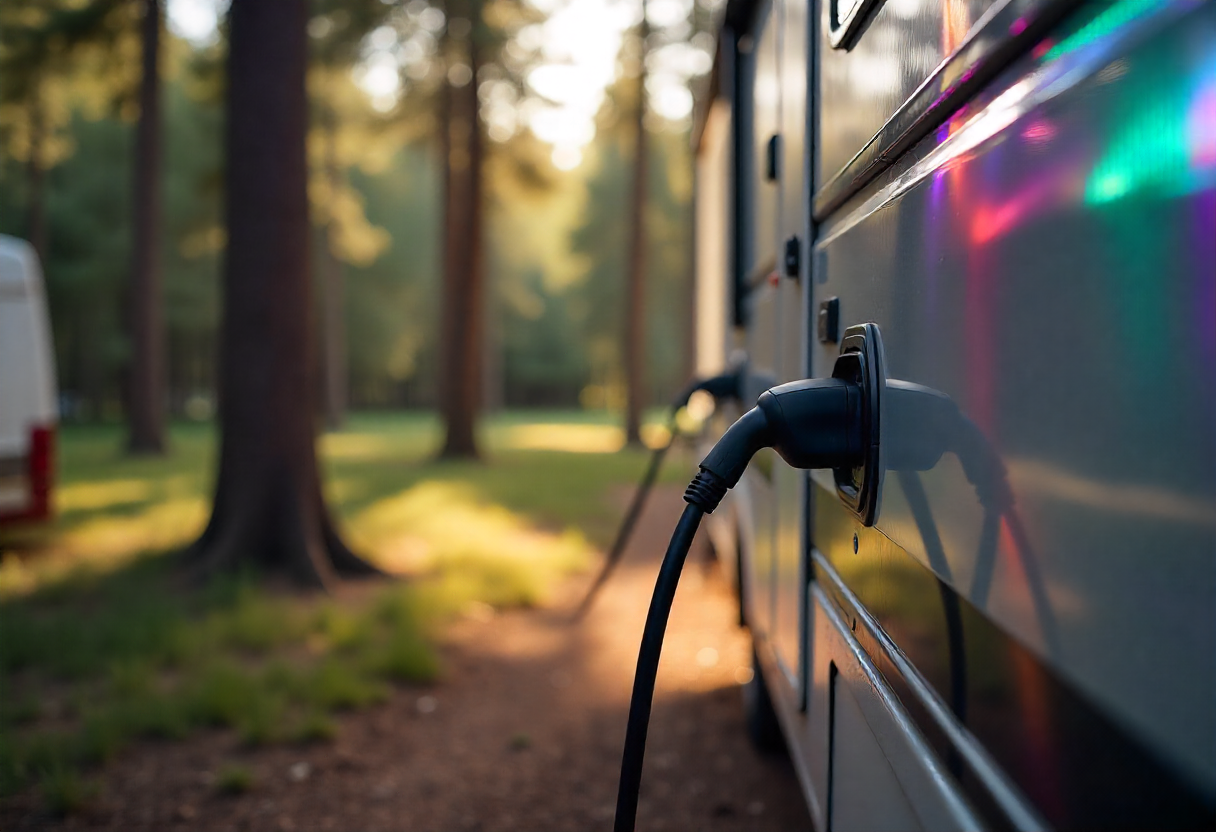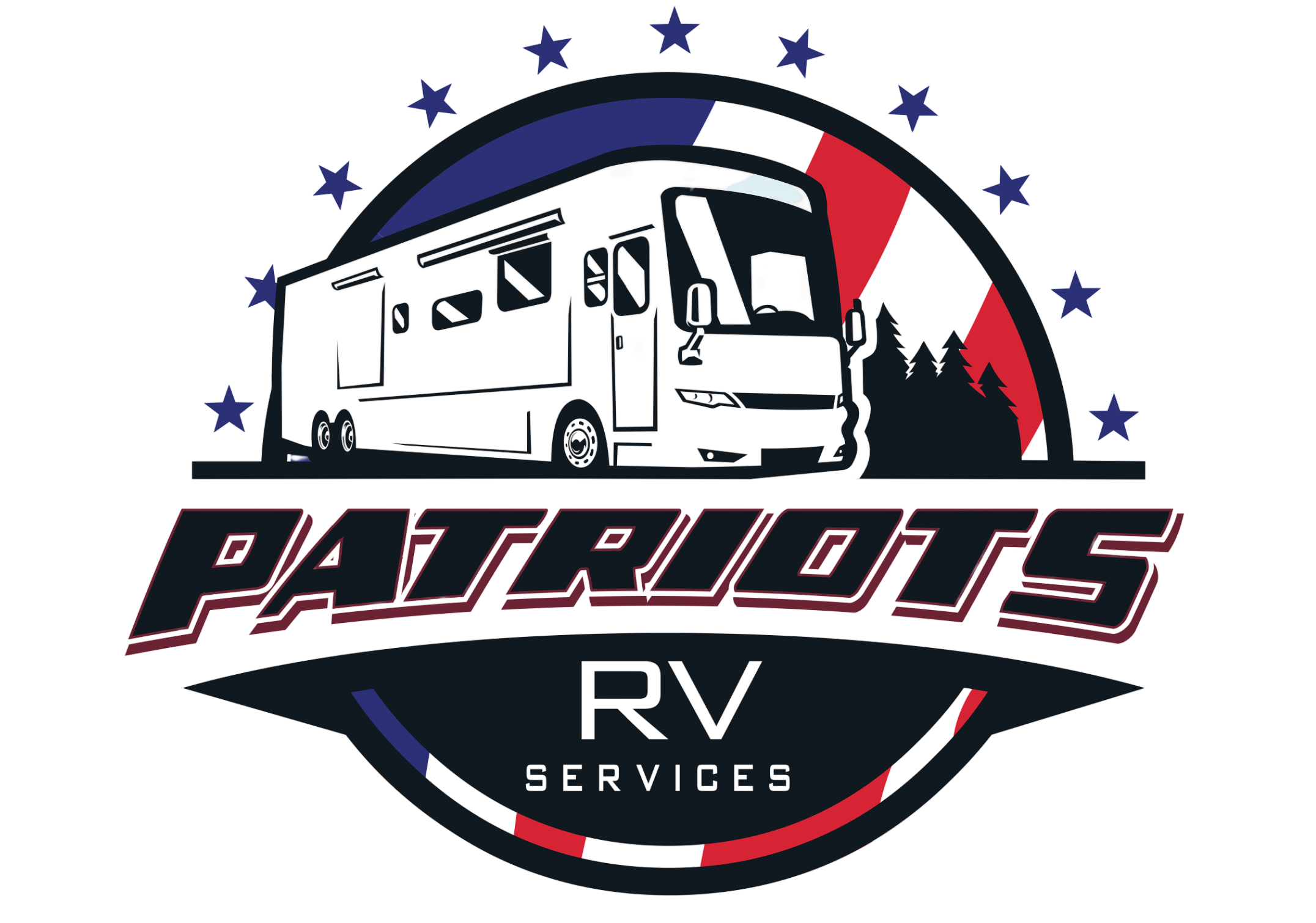Do I Need a Battery If My RV Is Plugged In: Exploring Power Needs for RVs

Professional RV repair services often get asked about power systems and battery needs in recreational vehicles. Many RV owners wonder if they need a battery while their RV is plugged into shore power at campgrounds or RV parks. The answer involves understanding how your RV’s electrical system works and the role batteries play in overall power management. Your RV battery serves multiple purposes beyond just providing backup power during outages. This guide explains why having a properly maintained battery system remains essential even when connected to external power sources.
Importance of Having a Battery
Your RV battery does more than provide backup power during outages. It runs your lights, water pump, and other 12-volt systems even when you’re plugged into shore power. The battery also starts your generator and engine when needed. Without a good battery, many of your RV’s basic functions won’t work properly, even with a shore power connection. Regular battery maintenance keeps everything running smoothly and prevents unexpected problems on the road.
Power Management in RVs
Smart power use keeps your RV running efficiently and prevents electrical problems. Monitor how much power your appliances use to avoid overloading your system. Energy-efficient LED lights and appliances help reduce your power needs significantly. Installing a battery monitor lets you track your power usage in real time. Using the right mix of power sources—shore power, battery, and generator—keeps everything balanced and working well.
Backup Power Solutions
When shore power fails or you’re boondocking, backup power becomes your lifeline. Generators provide reliable electricity independent of other power sources, with options ranging from small portable units to larger built-in models. Solar panels offer quiet, eco-friendly power that works great during sunny days. Power inverters convert your battery’s 12-volt power to standard 120-volt household current for running regular appliances. Having multiple backup options gives you flexibility and peace of mind during your travels.
Benefits of Battery Systems
A good battery system gives you freedom and flexibility while camping. Your battery stores power from multiple sources—your engine’s alternator, solar panels, or shore power—so you always have electricity available. You can run lights, fans, water pumps, and small appliances without being tied to electrical hookups. Modern battery technology provides reliable, long-lasting power that keeps up with your needs. This independence lets you camp in remote locations while still enjoying basic comforts.
Essential Appliances for RVs
Your RV’s key appliances make life on the road comfortable and convenient. The refrigerator keeps food fresh and safe during travel. Air conditioning maintains comfortable temperatures in hot weather. Your water heater provides hot showers and clean dishes. The microwave offers quick meal preparation options. Entertainment systems like TVs and radios keep everyone happy during downtime. Each appliance has different power needs, so understanding their requirements helps you manage your electrical system better.
Maximizing Power Efficiency
Getting the most from your RV’s power system saves money and extends equipment life. LED lighting uses much less power than old-style bulbs while providing better light. Solar panels reduce your dependence on generators and shore power. Digital meters help you track exactly how much power you’re using. Automatic power management systems prevent overloads that could damage your equipment. These simple upgrades make your RV more self-sufficient and reliable for longer trips.
Related Topics:

